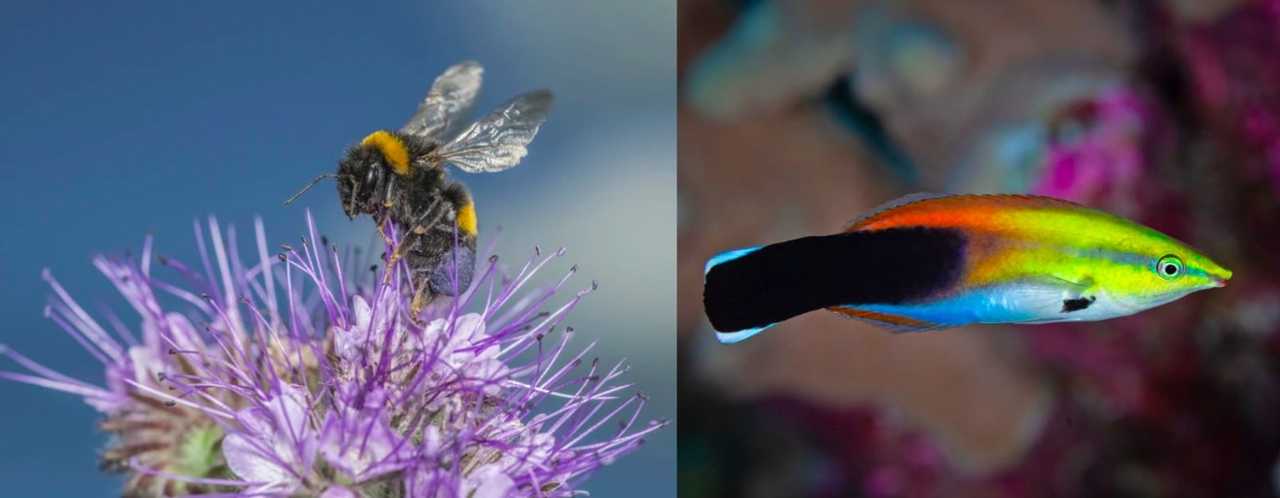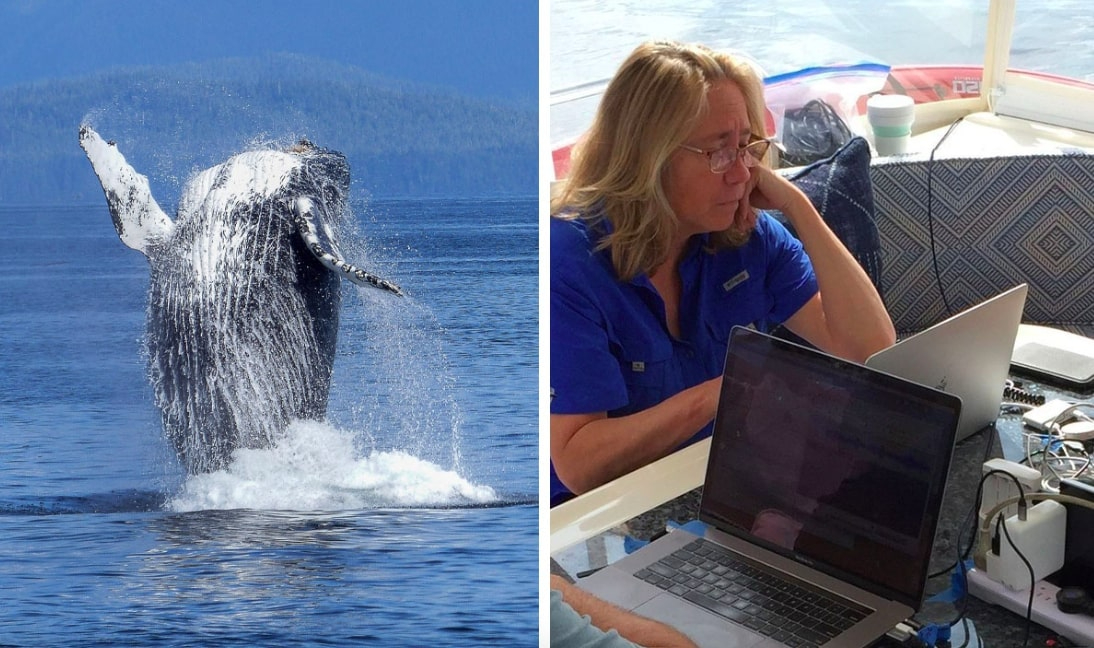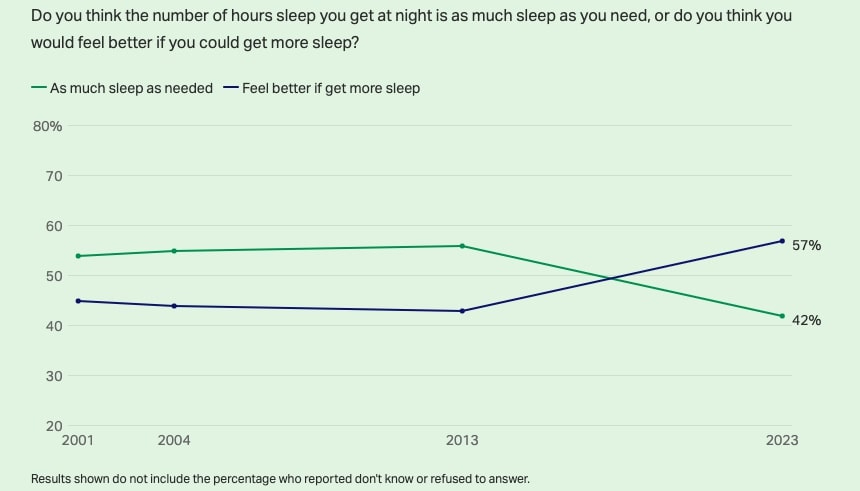Scientists are pushing a new standard for animal consciousness

Images: Phil Savoie/Nature/Getty
For those of you who’ve always considered your pet part of the family, you’re not too far off – scientifically speaking.
A far greater number of animals have the capacity for consciousness than humans previously thought, according to a new declaration signed by over three dozen leading researchers.
First things first: While there isn’t a standard definition for consciousness, the term generally refers to an ability to have subjective experiences.
- For an animal, such experiences would include smelling, tasting, hearing, or touching the world around itself, as well as feeling fear, pleasure, or pain.
- In some cases, consciousness can mean that animals have more complex mental states, including a level of self-awareness.
The new declaration argues in favor of widespread animal consciousness. In the three-paragraph document, scientists say decades of research shows “strong scientific support” for the idea that all mammals and birds are conscious. It also supports “at least a realistic possibility” of consciousness in all reptiles, fish, amphibians, octopuses, and insects.
Researchers who signed the declaration cite a range of scientific findings to back up their claims:
- Several different animals – including chimpanzees, Asian elephants, and cleaner fishes – appear to recognize their own image when presented with a mirror (unlike this writer after a crazy night out🫣).
- Octopuses seem to react to anesthetic drugs, and will avoid settings where they experienced past pain.
- Crayfish display anxiety-like states which can be altered by anti-anxiety drugs.
- In the insect world: bees show apparent play behavior, while Drosophila fruit flies have distinct dream-like sleep patterns that are influenced by their social environment.
👀 Looking ahead… The declaration argues that scientists and policymakers must take into account the growing evidence pointing to widespread animal consciousness when considering potential risks to those animals.
Share this!
Recent Science & Emerging Tech stories

Science & Emerging Tech
| April 22, 2024Your next takeout order could come from the sky
🚁 Autonomous drone delivery is poised to explode in the US.

Science & Emerging Tech
| April 18, 2024How the first human-whale conversation could help us talk to aliens
🐋👽 Scientists held the first known “conversation” with a humpback whale in its native language, in an experiment aimed at helping humans one day communicate with aliens.

Science & Emerging Tech
� | April 16, 2024A growing number of Americans are dreaming of more sleep
💤 For the first time in Gallup polling history dating back to 2001, a majority of US adults (57%) say they would feel better if they got more sleep, while less than half (42%) say they get as much sleep as they need.
You've made it this far...
Let's make our relationship official, no 💍 or elaborate proposal required. Learn and stay entertained, for free.👇
All of our news is 100% free and you can unsubscribe anytime; the quiz takes ~10 seconds to complete